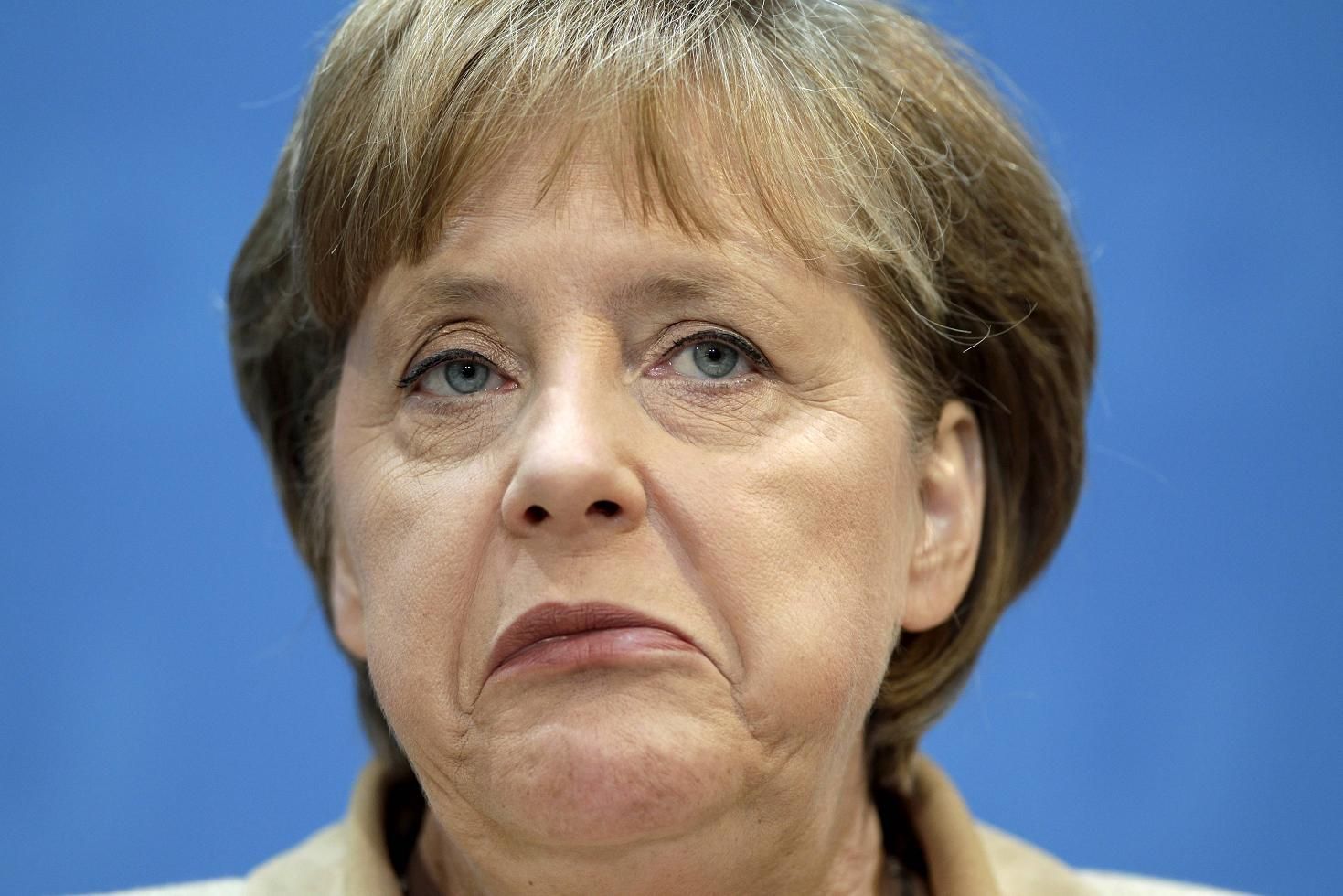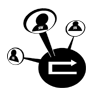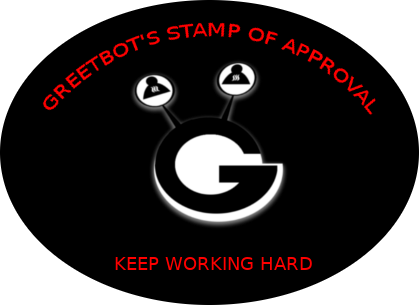Political Chaos in Germany May Lead to Re-Election
Germany is in a period of political chaos. After heading to the polls on September 24th, 2017 no party emerged with a majority coalition, and the election saw the two main parties lose a significant share of the vote after working together in a Grand Coalition in the previous government. If you are new to German politics please check the descriptions of political parties in Germany at the bottom of the page! 
Merkel's center-right CDU/CSU coalition managed to win a plurality of the votes and lead all other parties by 12.4%, however, faced crushing losses in vote share, going from earning 41.5% of the vote in 2013 to 32.9%. A loss of 8.6%.
Schultz and the center-left SPD went down a devastating 5.2% from their 2013 result, only earning 20.5% in 2017. Other left-wing parties include the Greens and die Linke which both made small gains from the 2013 election and earned close to 10% of the vote each.
Christian Lindner and the socially left economically right FDP managed to make big gains in the election earning 10.7% of the vote, a gain of 5.9% from their previous result.
Lastly, the right-wing populist and anti-migrant AfD party gained a significant 8.9% from their last election result, earning 12.6% overall.

Coalition Chaos
As in any parliamentary system, as no party has formed a majority, multiple parties will have to form a coalition or one party will have to form a minority government.
-All parties have refused to coalition with the AfD, causing there to be a significant portion of seats that have no way of forming a government.
-The SPD, Greens, and Die Linke do not have enough seats to form a left-wing coalition.
-The FDP and the CDU/CSU do not have enough seats to form a center-right coalition.
-Martin Schultz and leaders of the SPD repeatedly rejected they would ever form a coalition with the CDU in the next government, as the coalition has cost them politically and has kept them from pursuing their agenda.
-After weeks of talks, the FDP, Greens, and the CDU/CSU failed coalition talks after the FDP refused to be affiliated with the policies being pushed forward by the Greens. Without the FDP, the Greens and CDU/CSU do not have enough seats to form a majority.
Merkel could create a minority government with current seats the CDU/CSU coalition holds, however, this move would be seen as embarrassing for Merkel and her party to the international community and would make passing policies much harder than they usually are in government. So as a general rule, this option has been rejected.
In a desperate move, Merkel reached out to the SPD to bring back the Grand Coalition they formed, in spite of polling showing a majority of SPD supporters do not want the Grand Coalition to be formed again. Schultz has agreed to pursue talks with Merkel, however, a successful coalition between the two parties is unlikely. Even if SPD leaders agree to a coalition, their members will likely vote it down.
With no political party able to form a government, it seems new elections are the only way German citizens can establish a government. The German public agrees by virtue of a small majority, with polling showing that just above 50% of Germans want new elections. The only problem is polling on a new election is nearly identical to the results of the last election, calling for a re-election could end in the same dreaded political stalemate, which would embarass Merkel and other party leaders even worse than before. Because of this, Merkel is currently against calling for new elections.
Let me know in the comments which parties you think will form a government or if new elections will be called. And if new elections are called, will they yield the same results, or bring a new change to German politics?
Here is some very basic information on the political parties of Germany.
CDU/CSU Christian Democratic Union of Germany + Christian Social Union in Bavaria - Chancellor Angela Merkel's party, center-right socially conservative with pro-refugee policies
SPD (Social Democratic Party of Germany) - Center-left political party led by former head of the European Union, Martin Schultz. Advocates for social democracy, socially left-leaning, economically left-leaning.
AfD (Alternative for Deutschland) - Relatively new right-wing political party in Germany. Strongly anti-migrant. Socially conservative and economically conservative.
FDP (Free Democratic Party) - Socially liberal and fiscal economic policy. Led by Christian Lindner.
Greens - Center-left party in Germany that generally aligns with the SPD, advocates heavily on environmental policy.
Die Linke - Hard left-wing political Party in Germany, advocates on extreme wealth redistribution. Pro-Russia and anti-NATO foreign policy. Anti-war.
(election results picture cited from the Guardian)
The EU is done. Brexit saw to that. This is just the aftermath. I doubt Merkel would last another election.
Resteemed by @resteembot! Good Luck!
The resteem was payed by @greetbot
Curious?
The @resteembot's introduction post
Get more from @resteembot with the #resteembotsentme initiative
Check out the great posts I already resteemed.
You were lucky! Your post was selected for an upvote!

Read about that initiative
Hi. I am @greetbot - a bot that uses AI to look for newbies who write good content.

I found your post and decided to help you get noticed.
I will pay a resteeming service to resteem your post,
and I'll give you my stamp of automatic approval!